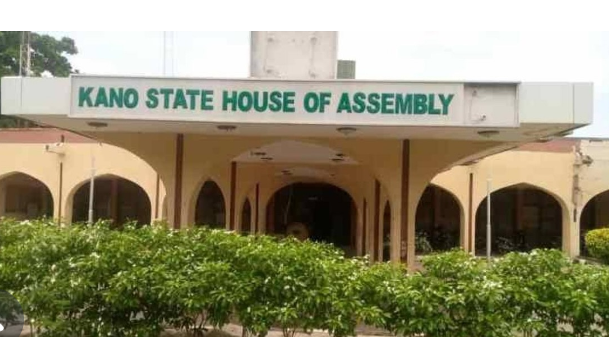
The Federal Government has approved sweeping reforms to Nigeria’s tertiary education admission process, introducing a more flexible and inclusive framework aimed at widening access to higher learning institutions.
The new policy, approved under the National Guidelines for Entry Requirements into Tertiary Institutions in Nigeria, was announced in a statement by Boriowo Folasade, Director of Press and Public Relations, Federal Ministry of Education.
According to the statement, the reform — championed by the Minister of Education, Dr. Maruf Tunji Alausa — aligns with President Bola Tinubu’s Renewed Hope Agenda, seeking to democratize education and empower Nigerian youths through equitable opportunities.
“This policy marks a major stride in promoting inclusivity and driving national development through fair access to education,” the ministry said.
Dr. Alausa explained that the reform became necessary following years of rigid admission rules that prevented thousands of qualified candidates from gaining admission despite meeting basic academic requirements.
He noted that while over two million candidates sit for the Unified Tertiary Matriculation Examination (UTME) each year, only about 700,000 secure admission — a gap largely caused by outdated policies.
“Our goal is fairness and opportunity. Capable students must not be denied education because of obsolete rules,” he said.
Under the new guidelines, Mathematics will no longer be compulsory for Arts students seeking university admission, though it remains mandatory for candidates in Science, Technology, and Social Science fields.
Key highlights of the revised admission requirements include:
Universities: Minimum of five (5) credit passes in relevant subjects, including English Language, in not more than two sittings. Mathematics is no longer compulsory for Arts students.
Polytechnics (ND): Minimum of four (4) credits, including English for non-science courses and Mathematics for science-related programmes.
Polytechnics (HND): Minimum of five (5) credits, including English and Mathematics.
Colleges of Education (NCE): Minimum of four (4) credits, with English compulsory for Arts and Social Sciences, and Mathematics required for Science, Vocational, and Technical programmes.
Colleges of Education (B.Ed): Minimum of five (5) credits, including English and Mathematics as applicable.
Innovation Enterprise Academies (IEAs): To adopt the same entry requirements as Polytechnics for ND programmes.
Additionally, the National Innovation Diploma (NID) previously awarded by IEAs has been abolished and replaced with the National Diploma (ND) to ensure uniformity across institutions.
The National Board for Technical Education (NBTE) has been instructed to re-accredit all IEAs nationwide under the new ND standard. Institutions that fail to comply risk losing their accreditation.
Dr. Alausa stated that the reform could open admission opportunities to an additional 250,000 to 300,000 students annually, helping to bridge the gap between applicants and available placements.
“Our young people are the heartbeat of this nation. This reform gives every Nigerian youth a fair chance to learn, grow, and succeed,” he said.
The Federal Government reaffirmed its commitment to inclusive education, human capital development, and youth empowerment in line with President Tinubu’s Renewed Hope Agenda.





